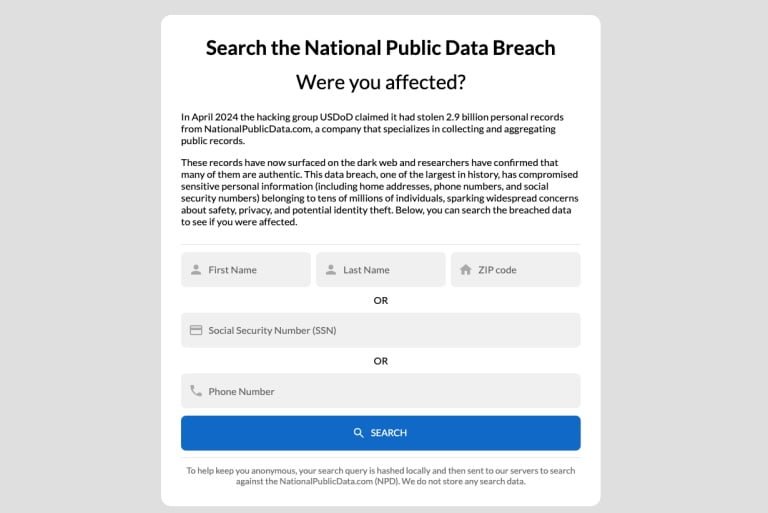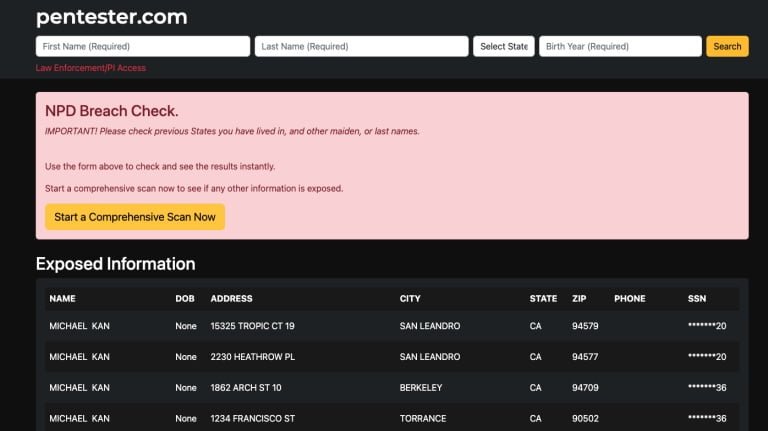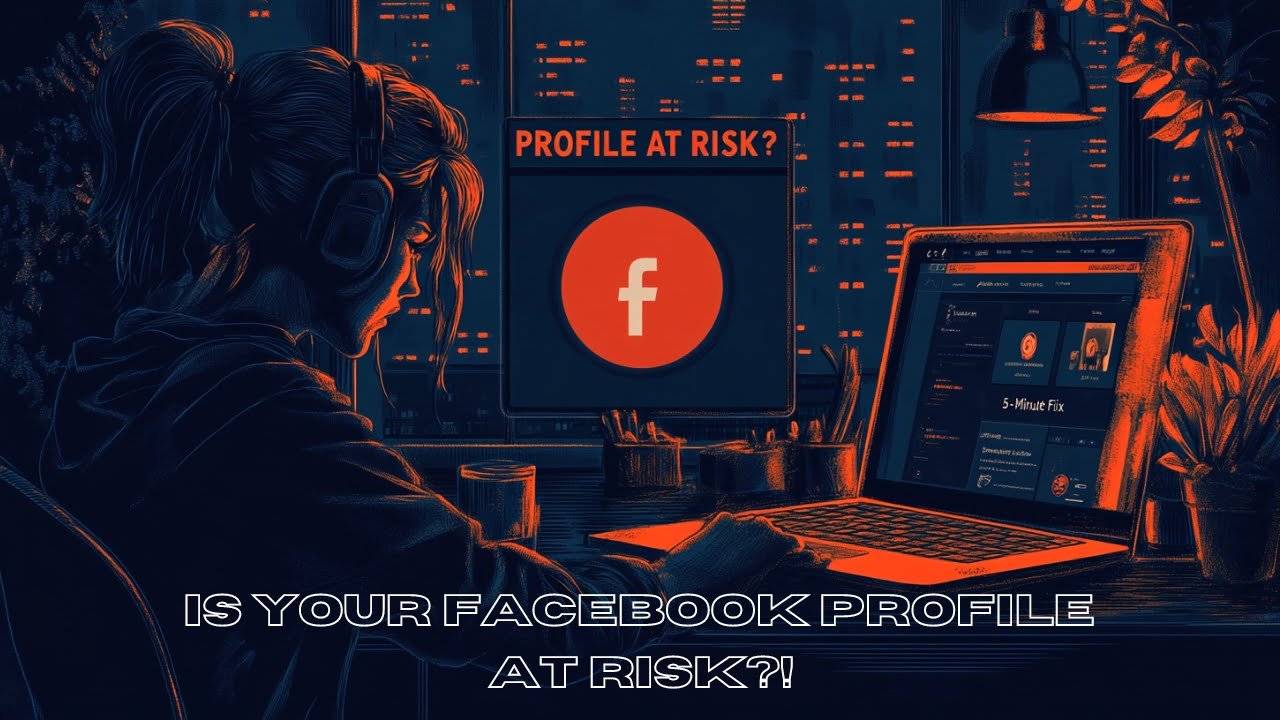Has Your Social Security Number Been Compromised in the Latest Data Breach? Here’s How You Can Find Out
In the wake of this significant data breach, many Americans are understandably concerned about the safety of their personal information, especially their Social Security numbers. However, the launch of two newly created websites brings a small sense of relief, providing a way to determine if your data has been compromised.
The breach in question involves National Public Data, a company that might not be on your radar but plays a crucial role in conducting background checks on U.S. residents. Recently, the company confirmed that hackers stole a massive database containing names, addresses, and Social Security numbers. To make matters worse, this sensitive information has been circulating freely on a forum popular with cybercriminals.
Note: I previously wrote about this breach in my blog post, “Massive Data Breach Exposes Personal Information of Nearly 3 Billion People“, on August 14. Be sure to check it out for more insights on the growing concerns around this massive data leak.
Atlas Privacy: Your First Line of Defense
Initially, it was difficult to check if your information was part of this breach due to the sheer size of the stolen database, which weighs in at 277GB. However, New Jersey-based Atlas Privacy Data Corporation has come to the rescue with a solution. Their website, npdbreach.com, lets you quickly check if your Social Security number, phone number, full name, and ZIP code are among the compromised data. Importantly, Atlas Privacy has designed the site to ensure that your search remains confidential—they do not store any user searches.

Atlas, known for helping individuals remove their personal data from the internet, has been digging into this breach and discovered that it includes a staggering 272 million unique Social Security numbers and 600 million phone numbers. According to Arnaud de Saint Méloir, a software engineer and researcher at Atlas, “This breach is on a scale similar to the Equifax breach of 2017, but it’s twice as big.”
What makes this breach particularly alarming is the sheer volume of data available for exploitation, potentially fueling identity theft and spam. Atlas’s analysis also suggests that about 20% of the records in this breach are legitimate, having cross-referenced them with other known breaches.
This breach seems to affect older Americans more significantly, as the average age of those in the database is 70. The data also includes information about people over 120 years old, indicating that some data may belong to the deceased. Most records are linked to individuals born before January 1, 2002.
While only some of the information in the database is accurate, many will find shockingly accurate details, including correct dates of birth, Social Security numbers, and historical mailing addresses dating back to at least the 1990s. As Zack Ganot, Chief Strategy Officer at Atlas Privacy, points out, “We can’t really pretend anymore that Social Security numbers are private. This is just another nail in the coffin.”

Understanding How This Data Was Collected
There’s still some uncertainty about how National Public Data amassed such a vast collection of Social Security numbers. The company’s website previously mentioned that they gathered data from over 20 sources, including voter registration data, criminal records, marriage and divorce records, and even listings from the White Pages/Yellow Pages. Ganot also speculates that National Public Data might have accessed credit files to help piece together people’s Social Security numbers.
Pentester: A Second Way to Check
In addition to Atlas Privacy, another cybersecurity company, Pentester, has created its own website at npd.pentester.com to help you determine if you’ve been affected. This site takes a slightly different approach by revealing a redacted version of your Social Security number, along with your date of birth, complete address, and phone number.

While this approach makes verifying if the compromised data belongs to you or someone you know easier, it also raises privacy concerns since it exposes some personal details more openly. Pentester designed the site to provide enough context for users to identify their own data without exposing everything, balancing the need for information with privacy concerns.
With these tools, you can proactively protect your personal information. In an era where data breaches are becoming more common, it’s crucial to stay informed and vigilant. By staying engaged and using these tools, you can avoid potential threats to your personal information, taking responsibility for your data security.
If you have more questions, don’t hesitate to let us know. We can review any questions or concerns you may have about protecting your personal data online.




